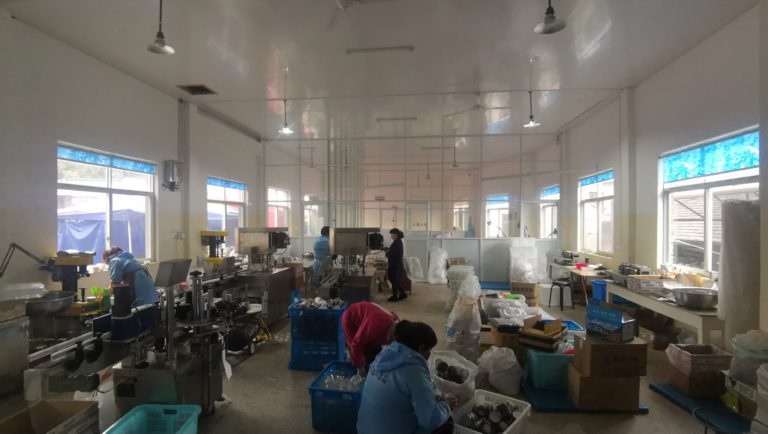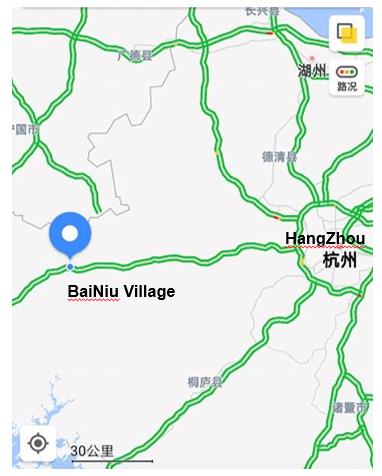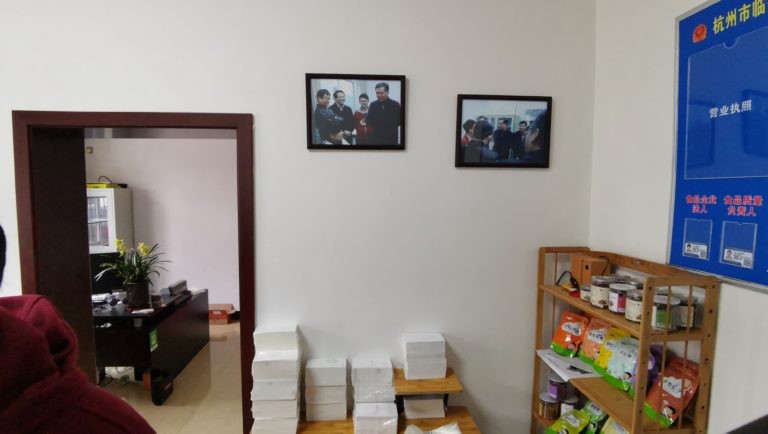
Fail Proof E-Commerce Strategy for SME
Share This Post Share on whatsapp Share on facebook Share on linkedin Share on twitter Share on email Learn from expert panel discussion between MDEC’s

Over the past few years, E-commerce boomed in Malaysia and taken the country by storm. Everyone talks about going online to purchase items or services. Lower entry barrier mobile phones, affordable data packages and also logistics improvements had been put in place by the government and private corporations to ensure that the benefit of ecommerce can be enjoyed by both the urban and rural areas. E-commerce have been gaining a double digit growth, from a business perspective; however, the question to ask is if the current digital economy is inclusive for the people in rural and benefiting them?

During my 10 days exposure to Alibaba Digital Ecosystem, we were brought to Bainiu Village. This village used to be one of the poorest rural villages. Most of the youngsters back then would leave to the city seek job opportunities. With E-commerce slowly being introduced throughout China, some of the youngsters decided to venture into it. Hickory nuts were a main produce surrounding the village. Hence, these youngsters started selling roasted hickory nuts online. The business slowly picked up and ultimately they have created an economy within the village. This immediately have created job opportunities for the village such as those who were computer literate could take up admin work while the rest who are less literate could be tasked with operations work i.e. warehousing, processing and fulfilment. Alibaba then took the initiative to empower villages to emulate a similar business model and boost the digital economy. This later gave birth to “Tao Villages” whereby Alibaba gives assistance to empower the ecommerce knowledge of these villages.

Tying back the scenario to our home country, which comprises of a multiracial and multi ethnic groups; among them are also indigenous people. To name a few indigenous groups are the Negrito, Senoi and also Proto Malay. They constitute about 13% of the general Malaysian populations and this untapped resource should not be neglected. If a government seek to tap into this vast resource which can empower the rural folk to earn and grow, it may be a long term and sustainable solution to grow Malaysia’s economy. This can be achieved by deploying the Educating, Enabling and Employment strategy.
The Education Strategy will require the relevant government bodies to provide training rural folks. The rural folks can be empowered to take charge of their own business while at the same time also sharpen their skills in creating what they are good at – unique products. The Education Strategy will encourage the younger rural folks to take up new and relevant skills and not be left out.
The Enabling Strategy will aim to help establish the necessary infrastructures. This is where businesses in the area of e-commerce can step in to bridge the gap between rural folks who produce unique products and end consumers who are looking to purchase such products online. Rural people may only have the skills and knowledge to create unique products but e-commerce inherently requires a more advanced technical know-how could benefit from programmes/businesses to assist in this area. This provides a win-win scenario for all three parties.
Lastly, the employment model focuses in providing job opportunities for the people in rural areas. E-commerce does not confine job opportunities to only white collar or educated personnel. There are many aspects of e-commerce whereby there are other opportunities which does not require technical knowledge such as warehousing, packer, delivery…etc. Should businesses be committed to maintain the hiring to locals as a priority, the income gap between urban and rural will slowly be minimized, creating a more balanced economy for the country.
In today’s day and age, the digital economy have presented a great opportunity where an inclusive ecosystem can be created and the gap of ‘accessibility’ between both the urban and rural can be closed. This perhaps brings a new meaning to ‘equal opportunity’.

Share This Post Share on whatsapp Share on facebook Share on linkedin Share on twitter Share on email Learn from expert panel discussion between MDEC’s

Share This Post Share on whatsapp Share on facebook Share on linkedin Share on email Share on facebook Invited Speakers:1. James Chang, CEO of Lazada